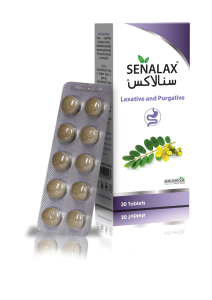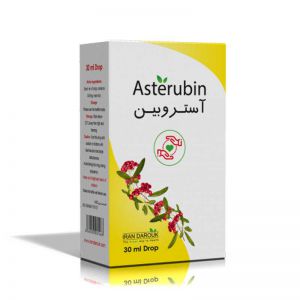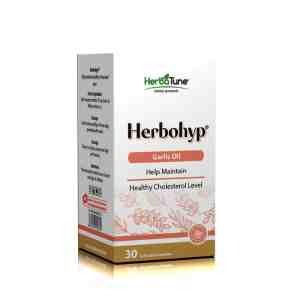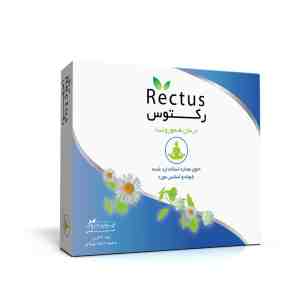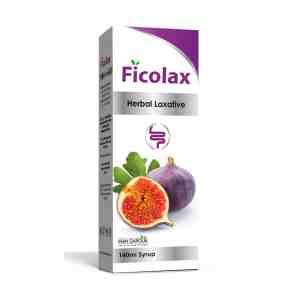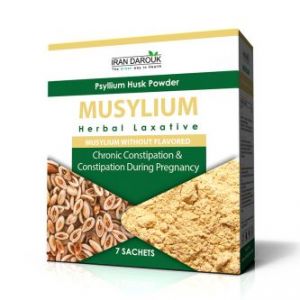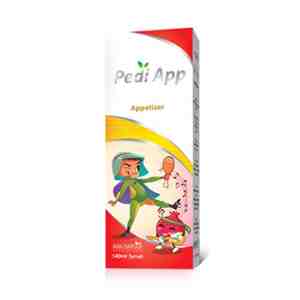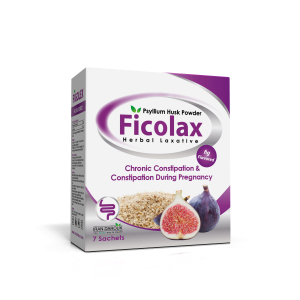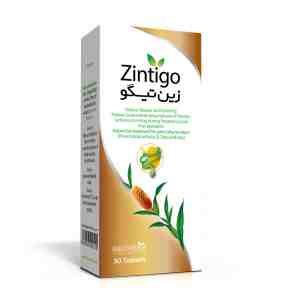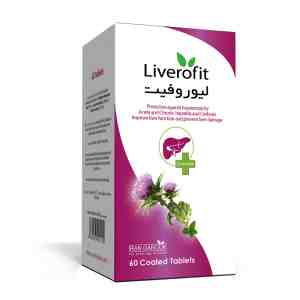
When you eat, your body breaks food down to a form it can use to build and nourish cells and provide energy. This process is called digestion.
Your digestive system is a series of hollow organs joined in a long, twisting tube. It runs from your mouth to your anus and includes your esophagus, stomach, and small and large intestines. Your liver, gallbladder and pancreas are also involved. They produce juices to help digestion.
Gastrointestinal diseases refer to diseases involving the gastrointestinal tract, namely the esophagus, stomach, small intestine, large intestine and rectum, and the accessory organ of digestion.
The Signs and Symptoms of Gastrointestinal Disease
- Difficulty in stool movement
- Irregular bowel habits
- Rectal bleeding
- Fistula
- Stomach cramps
- Flatulence
- Incontinence
- Hemorrhoids
- Diverticulitis

